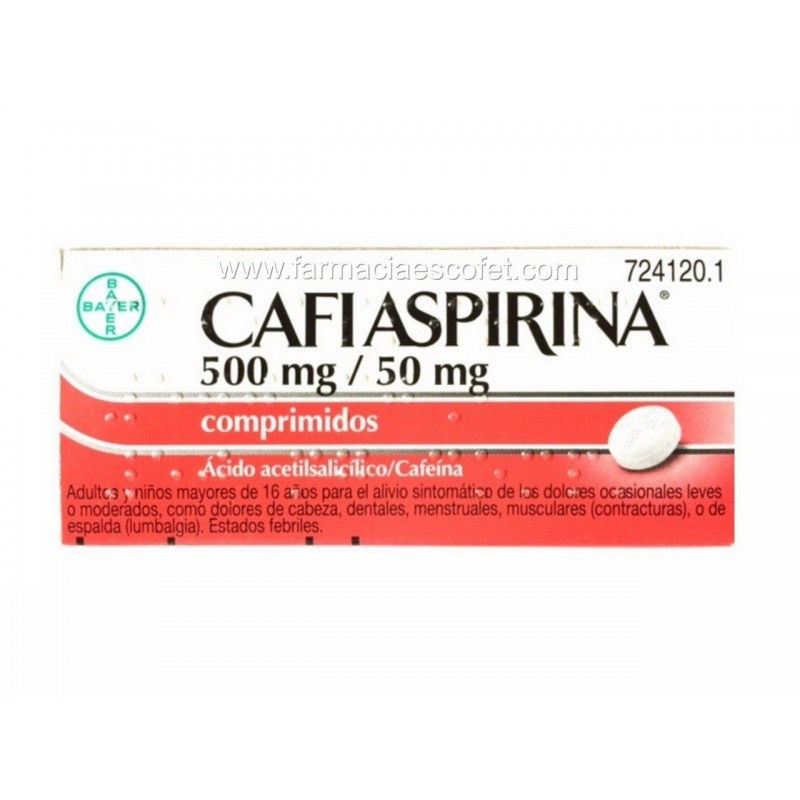Antipyretics: Understanding Fever-Reducing Medications and Their Safe Use
- cemsid esedov
- 18 Eyl 2023
- 3 dakikada okunur
Fever, a common symptom of various illnesses, can be uncomfortable and concerning. In such instances, antipyretic medications play a crucial role in alleviating discomfort and helping individuals recover. This article delves into antipyretics, what they are, how they work, and important considerations for their safe and effective use.

What Are Antipyretics?
Antipyretics are a class of medications primarily designed to reduce fever (pyrexia) and relieve associated symptoms, such as headaches, muscle aches, and chills. Fever is a natural response to infections, inflammatory conditions, or other underlying health issues. It's the body's way of fighting off the cause of illness, as higher temperatures can inhibit the growth of certain pathogens. However, high fever can also be distressing and may require intervention, especially in children, the elderly, or individuals with preexisting health conditions.
Common Antipyretic Medications
Several over-the-counter and prescription antipyretic medications are available. The most commonly used ones include:
Acetaminophen (Paracetamol): Acetaminophen is one of the most widely used antipyretic medications. It's known for its effectiveness in reducing fever and managing mild to moderate pain. Unlike some other antipyretics, acetaminophen doesn't have significant anti-inflammatory properties, making it suitable for individuals who cannot tolerate non-steroidal anti-inflammatory drugs (NSAIDs).
Ibuprofen: Ibuprofen is a non-steroidal anti-inflammatory drug (NSAID) that not only reduces fever but also alleviates pain and inflammation. It's commonly used for conditions like headaches, muscle pain, and arthritis.
Aspirin: Aspirin, another NSAID, is effective at reducing fever and inflammation. It's also used as a blood thinner and for preventing certain cardiovascular conditions, but it should be used cautiously in children and teenagers due to the risk of Reye's syndrome.
How Antipyretics Work
Antipyretics work by influencing the body's temperature-regulating centers in the brain. When you have a fever, your body's internal thermostat, located in the hypothalamus, is set to a higher temperature. This is part of the body's defense mechanism to fight infections. Antipyretics, such as acetaminophen and NSAIDs like ibuprofen, work by lowering this thermostat, allowing the body to cool down and reducing fever.
Safe Use of Antipyretics
While antipyretics are generally safe when used as directed, there are important considerations to ensure their safe and effective use:
Read the Label: Always read the medication label carefully for dosing instructions, and follow them precisely. Different formulations and brands may have varying concentrations, so it's essential to use the correct dosage.
Consult a Healthcare Professional: If you're unsure about which antipyretic to use or if you have underlying health conditions, consult a healthcare professional for guidance.
Avoid Alcohol: While taking antipyretics, it's advisable to avoid alcohol, as it can increase the risk of liver damage when combined with medications like acetaminophen.
Watch for Allergies or Side Effects: Be vigilant for any allergic reactions or side effects, such as rashes, stomach discomfort, or breathing difficulties. Discontinue use and seek medical attention if these occur.
Avoid Overuse: Prolonged or excessive use of antipyretics may mask underlying health issues. If a fever persists for more than a few days, consult a healthcare provider.
Use Age-Appropriate Formulations: When giving antipyretics to children, use age-appropriate formulations and dosages. Consult a pediatrician for guidance.
Conclusion
Antipyretic medications are valuable tools for managing fever and alleviating discomfort associated with various illnesses. Understanding how these medications work and using them safely and responsibly is essential for ensuring their effectiveness and minimizing potential risks. Always follow dosing instructions, consult a healthcare professional when in doubt, and be aware of any allergies or side effects. When used judiciously, antipyretics can help individuals recover more comfortably and effectively from febrile illnesses.
Sources:

Yorumlar